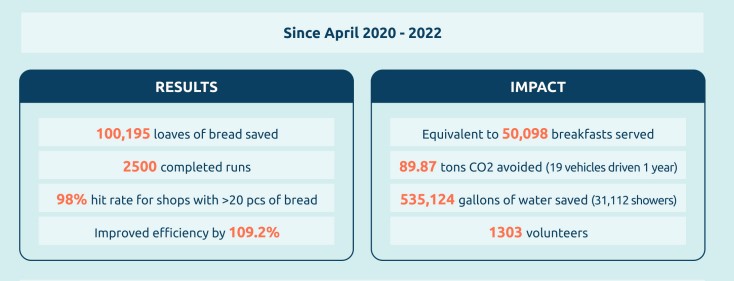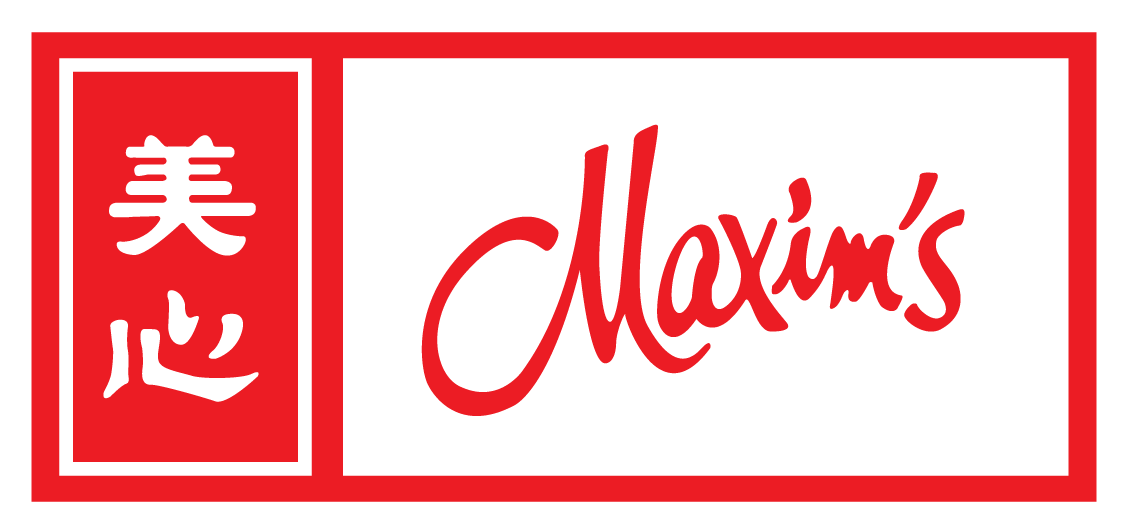Shared by Dr Daisy Tam, Founder of Breadline and Associate Professor of the Department of Humanities and Creative Writing, Hong Kong Baptist University
According to the figures published by the Commission on Poverty at the end of 2021, Hong Kong recorded a poor population of over 1.6 million. Among them, singletons living below the poverty line only got a monthly income of around HK$4,400 and could only spend HK$34 on food daily. Meanwhile, as one of the top ten richest cities, Hong Kong dumped more than 3,250 tonnes of food waste into landfills every day. The uneven distribution of food resources has been an issue of concern for years. Though many companies have been supporting “#SurplusFoodDonation” activities in recent years, the problem has worsened during the pandemic. Is there an effective way to distribute the surplus food to those in need?
Save food, save the environment
Founded in 2019, Breadline is the first public digital platform for food rescue, actively connecting volunteers and bakeries, such as Maxim's Cakes and Arome Bakery. In just two years, we had “rescued” over 100,000 loaves of bread in more than 2,500 food rescue runs with the help of over 1,300 volunteers. The saved bread had been redistributed as over 50,000 breakfasts and helped reduce nearly 90 tonnes of carbon emissions and save 530,000 gallons of water indirectly.
Decentralising food rescue
The biggest challenge of #foodrescue is getting volunteers to the right place at the right time Shops do sell out, so Breadline provides real-time updates on their platform to help volunteers get to where the surpluses are. The platform improved volunteer efficiency by 109.2%.
Many F&B groups like Maxim's work closely with social welfare organisations to donate surplus food in local districts, but downtown areas are less serviced. Breadline's #decentralised operations allow city workers to leverage on their daily commutes, picking up donations and bringing them to those in need.
Technology improves the way we live. Simple and easy-to-use technology can connect the community, encourage collaboration and create greater social values. By establishing a food information network, Breadline hopes to join hands with different fields to engage more people in saving surplus food. This can both allocate food resources more properly and promote environmental protection, contributing to the overall resilience of the community in the long run.
Join us and become a “Breadliner” now to give surplus bread a “second life”:
https://hkfoodworks.com/breadline-app/


